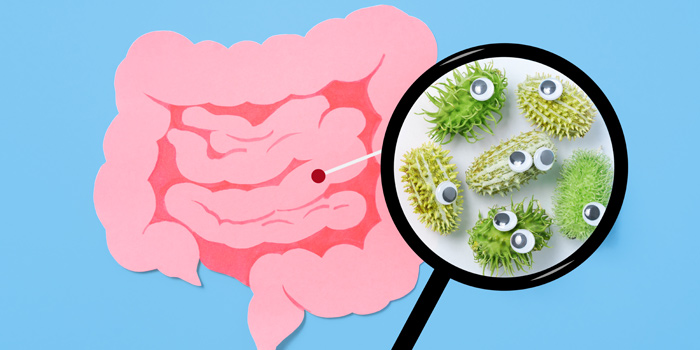Probiotics are a type of dietary fiber that feeds the beneficial bacteria in your gut. These bacteria, also known as prebiotics, play a vital role in your health, especially as you age.
They help digest your food, produce vitamins and hormones, regulate your immune system, and protect you from harmful pathogens. However, as you get older, your gut microbiome (the collection of all microbes, such as bacteria, fungi, viruses, and their genes) may change due to factors such as diet, medication, stress, and disease.
This can lead to a loss of diversity and balance of your gut bacteria, which can affect your physical and mental well-being. Unfortunately, understanding what prebiotics do and how they can help might confuse some seniors.
As people age, the types and amounts of bacteria in their gut may change, this can cause an imbalance in the gut microbiota (bacteria). This disorder, called dysbiosis, can hurt the digestive system, the immune system, and one’s health in general. Probiotics can help seniors fix this imbalance and keep their gut healthy.
One way to support your gut health and restore your microbiome is to consume more probiotics. Probiotics can improve the function and survival of the gut culture and can also provide other benefits for seniors, such as:
Enhancing your digestion and bowel health
Probiotics can increase the bulk and moisture of your stool and prevent constipation and diarrhea. They can also lower the pH of your colon and reduce the risk of colon cancer.
Boosting your immune system and preventing infections
Probiotics can modulate your immune response and enhance your resistance to pathogens. They can also prevent the growth of harmful bacteria, such as Clostridium difficile (causes diarrhea and colitis and inflammation of the colon.)
Improving your bone health and preventing osteoporosis
Prebiotics can increase the absorption of calcium and magnesium, which are essential minerals for your bone health. They can also stimulate the production of osteocalcin, a hormone that regulates your bone metabolism and density.
Supporting your brain health and preventing cognitive decline
Probiotics can influence your brain function and mood through the gut-brain axis, a bidirectional communication system between your gut and your brain. They can also modulate the levels of neurotransmitters, such as serotonin and dopamine, which are involved in your memory, learning, and emotions.
To reap the benefits of probiotics, you should aim to consume at least five grams of probiotics per day, according to the International Scientific Association for Probiotics and Prebiotics. You can find probiotics in many foods, such as:
Whole grains
Oats, barley, wheat, rye, and quinoa are rich sources of probiotics, such as beta-glucan and arabinoxylan. They can also lower your cholesterol and blood sugar levels.
Fruits and vegetables
Bananas, apples, berries, onions, garlic, leeks, asparagus, artichokes, and chicory are high in probiotics, such as inulin, fructooligosaccharides, (plant sugars that occur in many fruits and vegetables) and pectin. They can also provide antioxidants, vitamins, and minerals.
Legumes and nuts
Beans, lentils, peas, soybeans, almonds, and pistachios contain prebiotics, they can also provide protein, fiber, and healthy fats.
Probiotics are a simple and effective way to improve your gut health and overall well-being as you age. By nourishing your probiotics, you can enhance your digestion, immunity, bone health, and brain health. You can easily incorporate probiotics into your diet by eating more fiber-rich foods, or by taking supplements if needed.

